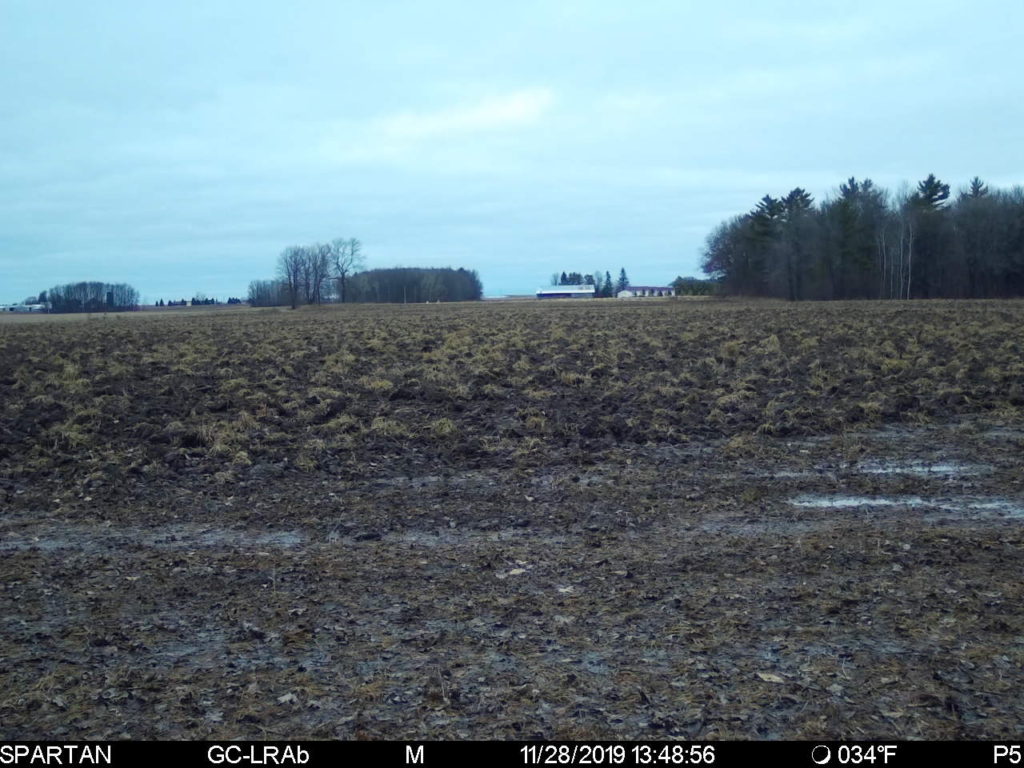Act Now! CECIL Act Language Included in Appropriations Bill
The U.S. House of Representatives is preparing for floor debate on H.R. 7612, a bill that will fund the Departments of Interior and other agencies related to the environment on Wednesday, July 22, with a possible vote as early as Thursday, July 23.
Unfortunately, the bill also contains language pulled directly from the anti-hunting legislation known as the CECIL Act, which would prohibit any dollars being spent by the U.S. Fish and Wildlife Service (USFWS) to process and issue import permits for sport-hunted animals from Africa, such as elephants or lions. The legislation would place significant restrictions on internationally accepted hunting practices by severely restricting the import of animal taxidermy and likely will increase the cost of obtaining a permit from USFWS. The end goal of this language is a total import prohibition on all elephant and lions harvested in Zambia, Zimbabwe and Tanzania.
Take Action! Sportsmen’s Alliance members should contact their U.S. Representatives and urge them to VOTE NO ON HOUSE BILL 7612 IF THE AFRICAN SPECIES LANGUAGE IS NOT REMOVED. Members can find their representatives by using the Sportsmen’s Alliance Legislative Action Center.
The anti-hunting legislation that is being jammed into this funding bill punishes law-abiding sportsmen by short-circuiting science so that permit applications cannot even be considered on their merits by USFWS biologists. This language attempts to prohibit the import of taxidermy of internationally harvested species. Additionally, circumstances where there is a benefit to the species due to the funding provided by the hunting community to fund anti-poaching and other conservation efforts would be prohibited. Under current law, the U.S. Fish and Wildlife Service issues import permits for hunts that occur in countries that maintain sound conservation policies to protect threatened and endangered wildlife. The specific language used is the first step in eventually outlawing all forms of African hunting.
African big-game hunting funds efforts that protect plentiful, threatened and endangered species from poaching and gives local communities incentive to tolerate conflict with them. These hunts occur within the scope of the law of the listed African countries, comply with international treaties and adhere to United States import regulations. The dollars that are spent on these hunts provide a lifeline for many endangered and threatened species as they fund the anti-poaching and conservation efforts throughout the world that would not be possible otherwise.
“Unfortunately, this legislation will most directly harm the foreign countries and the small rural communities that rely on funding from American sportsmen by providing them with the social and economic incentives to appropriately manage these animals,” said Bruce Tague, Sportsmen’s Alliance vice president of government affairs. “This legislation does nothing to improve the lives of American citizens and is a direct attack on worldwide conservation efforts.”
About the Sportsmen’s Alliance: The Sportsmen’s Alliance protects and defends America’s wildlife conservation programs and the pursuits – hunting, fishing and trapping – that generate the money to pay for them. Sportsmen’s Alliance Foundation is responsible for public education, legal defense and research. Its mission is accomplished through several distinct programs coordinated to provide the most complete defense capability possible. Stay connected to Sportsmen’s Alliance: Online, Facebook, Twitter and Instagram




